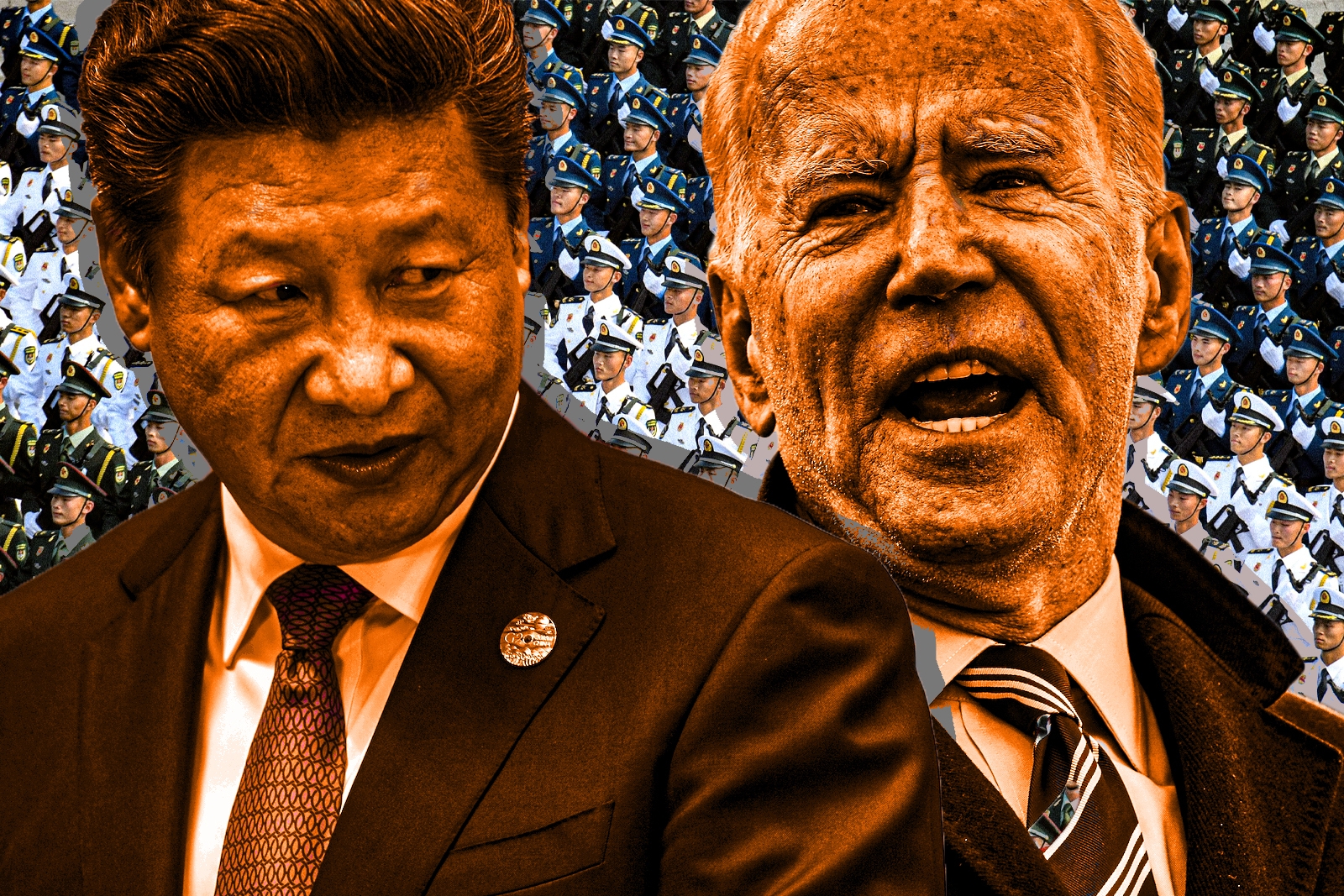
Be Strong, or Stand Aside? How to Respond to the Chinese Threat
The Chinese Communist Party (CCP) is not happy with House Speaker Nancy Pelosi. Her recent trip to Taiwan caused the CCP to respond by conducting military exercises in the Taiwan Strait while fulminating over her audacity to step foot on an island the CCP has never actually ruled. They even revoked their promise to not send troops to Taiwan, clearly escalating tensions. So where does America go from here? Do we stand up to the Chinese, or should we step aside and try to make Xi Jinping and his cronies happy?
Unfortunately, it seems like some in the American media seem to be taking the latter position. China’s response has been successful in scaring some people so much that they decided to criticize Pelosi for undertaking such a “provocative” and “reckless” move. They worry that if we poke the Chinese too much, we might accidentally instigate a conflict. While I sympathize with their worries, this is a bad take.
Adopting a position of weakness, like China wants America to do, hurts our ability to project the values that we hold dear on the world stage. By bowing to the CCP, the American media unknowingly helps pave the way for China to spread its authoritarian influence worldwide, a development that almost no one in the West wants.
The longer America sits idly by, the more ground China gains. China has been getting increasingly aggressive in the global ring. They established their first overseas military base in East Africa in 2017, and it looks like they are seeking to create another in West Africa — their first on Africa’s Atlantic Coast. In addition, their decision to crack down on democracy advocates in Hong Kong and spout angry rhetoric about Taiwan’s existence is worrying. People that think America needs to be more gentle when dealing with the Chinese are sadly mistaken. Does anyone truly believe that we can stop the Chinese threat by giving in to what they want?
Not only should the American media be praising the visit, but it should also be encouraging diplomats from other countries to undertake similar trips. Imagine if diplomats from France, the United Kingdom, Australia, Japan, Canada, the United States, South Korea, and a dozen other countries arrived in Taiwan to show that China will not be allowed to take over the hotly contested island. Doing so would show the Chinese that America is not alone in this fight, and of course, the CCP would be furious. But perhaps they would think more deeply about the global backlash that would occur if they moved on Taiwan.
Another reason to have the United States adopt a stronger approach to its dealings with China is because America leads China by important metrics. America’s GDP per capita is about 6 times greater than China’s and America’s military is likely far more capable than China’s. So stepping aside and letting China become the dominant player in the Indo-Pacific would be a colossal, and unnecessary, mistake.
Thankfully, there are steps the United States can take to win this ideological battle, and it seems like the Biden administration might be finally waking up to that reality. Secretary of State Antony Blinken’s recent visit to Africa was an attempt to bolster U.S. influence on the global stage. Similarly, the announcement of a second U.S.-Africa summit being held in December signals that America recognizes its need to strengthen partnerships around the globe. But more must be done.
Unifying the democracies of the world to condemn China for its repressive tendencies should be one of the main foreign policy goals of the Biden administration. Deepening partnerships in geostrategic regions of the globe through trade and investment would begin to push back China’s influence in the Global South. Expanding legislation that gives trade benefits to developing countries (like the African Growth and Opportunity Act) would help countries recognize that their path to development can be greatly helped by deepening economic ties with the United States. Finally, doing all these things while projecting an image of strength will make China ponder how far it wants to push the Taiwan issue.
Isolating the Chinese and refusing to bow to their dictatorial demands is the way forward. We need our leaders to be willing to invest in global partnerships and stand firm in the face of the criticism that will inevitably come out of Beijing. We have the advantage in this fight, but if we step aside, that advantage will disappear rather quickly. So to all those in the media who are advocating for America to soften its rhetoric and sit quietly while China grows, you should reconsider. “Peace through strength” is more effective than “peace through appeasement,” so stop advocating for the latter.

